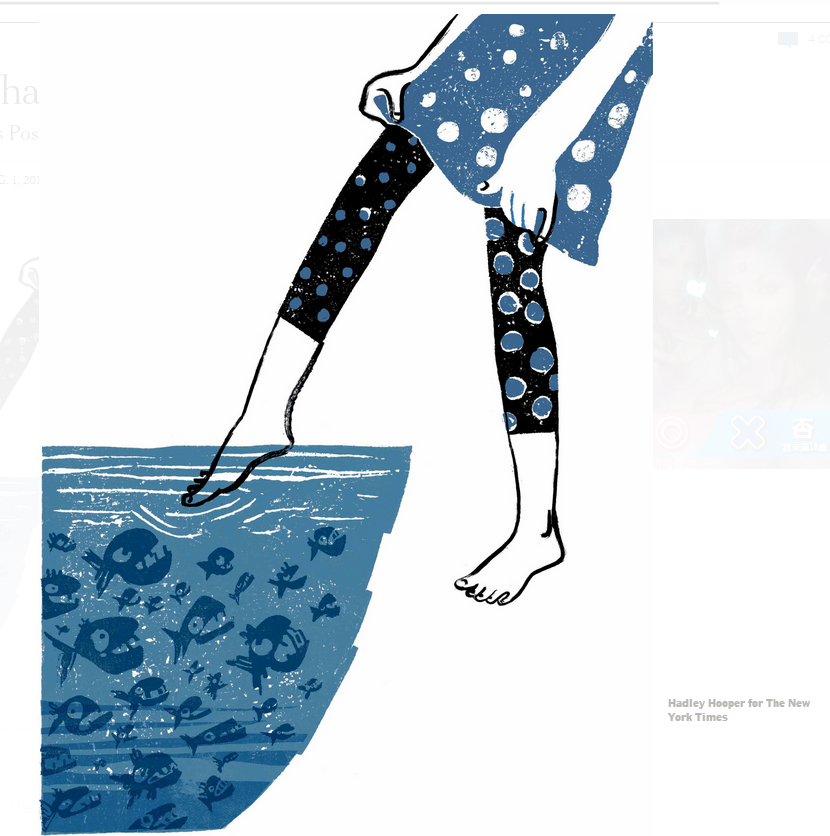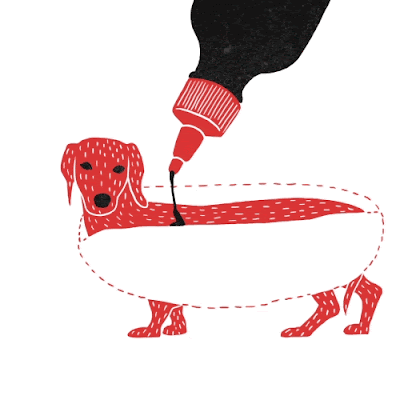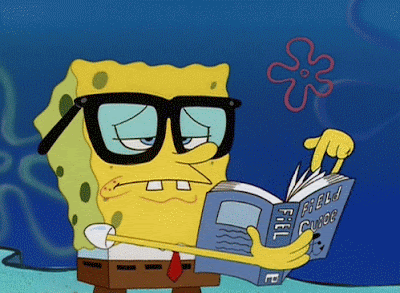英文每周一文,本周談談青少年對外表的不安全感。
Tell Me What You See, Even if It Hurts Me
‘Am I Pretty?’ Videos Posed to the
Internet, Raise Questions
By DOUGLAS QUENQUA
Sammie, a shy 13-year-old girl from New
Jersey, stepped out of the shower and pulled on a plain gray T-shirt. She left
her hair wet and decided not to apply makeup. Careful not to wake her family,
she looked into the camera and spoke in a
near-whisper說話的聲音近乎耳語.
“People at my school and camp say I’m the
ugliest person they’ve ever seen,” she said, “and I could be the ugliest person
that could ever be living.”
“Be honest and tell me if I am ugly or
not,” she continued. “I can take it, but please don’t say really mean stuff.”
She titled the video, “Am I Ugly or Pretty”
and — like thousands of other young girls who have made similar videos —
uploaded it to YouTube. Several months, 72,000 views and more than 2,000
comments later, she was still insecure about
her appearance對於外型感到沒有安全感, she said in
a telephone interview in December. But she had learned a lot about the cruelty of people人們的殘忍.
“I don’t like to look at that video
anymore,” she said. “It makes me upset. There are people telling me to kill
myself, and it’s kind of heartbreaking to know there are people like that out
there. All she wanted, she said, was some clarity更清楚(知道真相). “I had a
lot of people telling me that I’m pretty, and then had a lot of other people
telling me different,” she said. “So I figured, you know what? I’ll just find
out what other people have to say.”
As long as there have been 13-year-old
girls, parents and friends have had to field the question, “Do you think I’m
pretty?” But as a generation raised
on YouTube and iPhones enters middle school, these questions are increasingly
being posed to, well, anyone on the Internet. Today, one could spend
hours clicking through short clips of insecure young girls用滑鼠點選這些對外表缺乏安全感的女生所製作的短片, and the occasional boy, imploring請求/哀求 the Internet to judge their appearance.
Unlike the walled-off environments of
Facebook or Instagram, or the one-on-one intimacy of messaging services like
Snapchat, YouTube — stodgy笨拙的 as it may seem to someone who has never known
a world without it — is where these girls find opinions from what they believe
to be the larger world. “Be honest,” they often say. “I can take it.” Not
surprisingly, results can be devastating讓人心碎的, particularly to fragile young egos年輕人脆弱的自尊心.
“Yes, you are really ugly. Now go cry to
someone that actually cares,” wrote one male commenter on a girl’s video. “Ugly
at first I thought you were a boy,” a woman wrote to a girl who appeared no
older than 12.
Still, the videos keep coming. A YouTube
search for “Am I Pretty?” turns up more than 23,000 results. Some of the videos
date back to 2009, though most have apparently been made in the last year or
two. And more are being uploaded (and taken down) every day. Lately, the phenomenon
has spawned生出了 satires諷刺作品, spoofs愚弄或是嘲諷的文章, digital
vigilantism網民們擅自處決( 動用私刑) and at least one piece of performance art表演藝術.
Others are inclined to see the girls as
victims. Such videos are “a new form of self-mutilation一種新形式的自殘 in line with與…一致 cutting割傷自己 and eating
disorder暴食或厭食等不正常的飲食問題,” said one psychiatrist心理治療師 talking to The Associated Press美聯社. In 2012, Jezebel asked, “How do we get
YouTube to make this illegal?”
That nearly all the people in these
videos seem to fall from 13 to 15 years old is not a coincidence, psychologists
say. As young teenagers enter middle
school, they start to leave behind the cocoon of family家庭的保護 and
childhood friends and reassess themselves by society’s standards. It’s what the psychologist Erik Erikson
called the Identity Versus Confusion phase自我認同與混淆的階段, when children
struggle to understand how their emerging selves might fit into the larger
picture. YouTube provides a modern resource for teenagers grappling with搏鬥 a timeless problem永恆的問題. “They don’t understand when they put
themselves out there that they are opening themselves up to this wide
community,” she said. “It’s not the safe family environment they’re used to.”
For Sammie, the experience was similarly
affecting. “It left me pretty depressed,” she said. Still, until recently, she
had remained defiant 抗拒/反抗about taking down the video, equating
its removal with admitting she is ugly.
Before the video was taken down, Sammie
said that she was thinking about making a sequel, this time with makeup. “So
people can see how I look during the day,” she said, “and a little bit older
than how I was.”













老師好久不見,看到這篇年輕人的文章,不知道老師之後會不會分享現下年輕人text時很愛的縮寫詞,之前因為在逃避現實,自己整理了一些,例如:
回覆刪除BRB-be right back
Burn-尷尬(三條線)
Cuh-cousin (rap歌詞常見)
Dat-that
Dang-damn
Derp-look stupid
Duh-of course you, idiot
DL-down low (請低調)
Dope-so cool, awesome
FAM-family
FAV-favorite
FML-f**k my life
FOMO-fear of missing out (擔心跑趴沒被邀)
FYI-for your information
G2G-got to go
LAME-plain stupid, not cool
LMK-Let me know
Nah-no
OCD- obsessive compulsive disorder (強迫症)
PC-politically correct (政治正確)
POSI-positive
RAD-radical ,cool, awesome
SUP-what’s up
SUX-sucks
TBA(D)-to be announced(determined)
TBT-truth be told
TMI-too much information
不知道所整理的是否有誤,也期待老師未來有機會可以分享類似的主題,
以增加大家學習英文的樂趣XD
哈哈,你這份資料很完整耶。有空我會整理也跟大家分享。可是這些縮寫詞如果用習慣了,對英文作很不利啊。
回覆刪除Coach,
回覆刪除I cannot understand what the sentence means between the two dashes.
//— stodgy as it may seem to someone who has never known a world without it —//
According to the rule of thumb, though, its meaning is not important enough to interfere my comprehension, I am still eager to hear your opinion.
Thanks for your time.
世興
回覆刪除你的文章提問要等一等喔,因為教練這陣子都得先批改考卷,我有空的時候再回。(可能是下周之後)
報告教練,
回覆刪除沒有關係的,
教練願意回答我就讓學生很高興了。
Hi 世興
回覆刪除我先來回答這個問題,其他的等我有空再慢慢消化了。
這篇講的是年輕女孩子對於自己外型的不安全感,這一段提到的是YouTube。跟其他的社群網站(如Facebook, Instagram甚至是Snapchat)不同的是,YouTube 才是這些年輕女孩獲取他人看法、同時也是她們最在意的訊息管道。以至於這些女孩們一直將YouTube的留言與看法當成是外面的世界的全部。所以這一句Stodgy as it may seem to someone who has never known a world without it.的意思是就是,對於外人來說,這樣的看法(就是把YouTube當成是這世界的全部)是愚蠢的。因為一般人的生活不會圍繞著YouTube轉,但是對於這些年輕女孩來說,YouTube卻是她們的全世界。